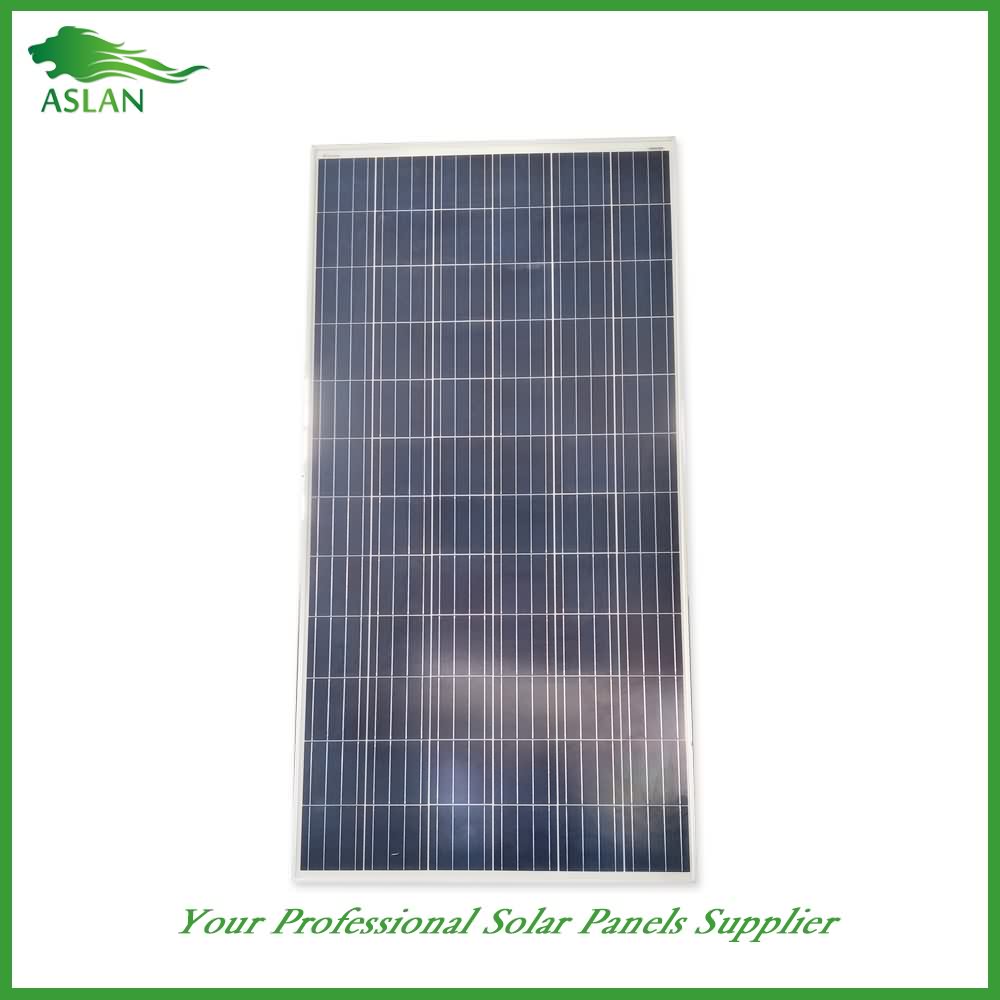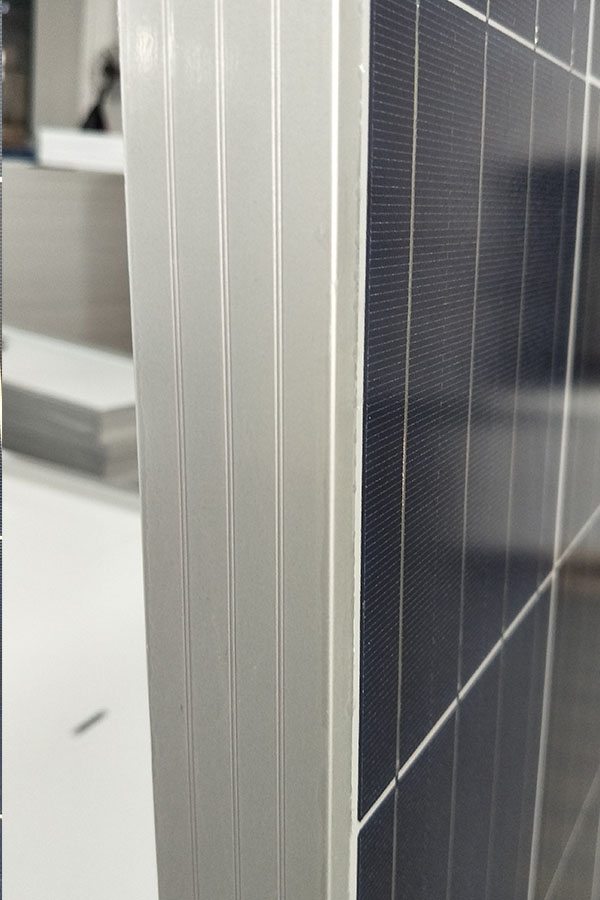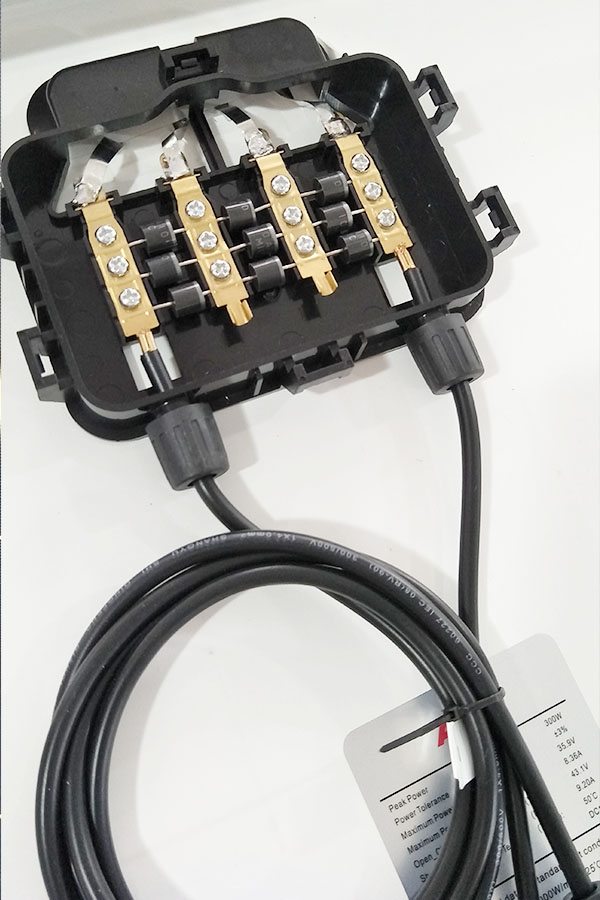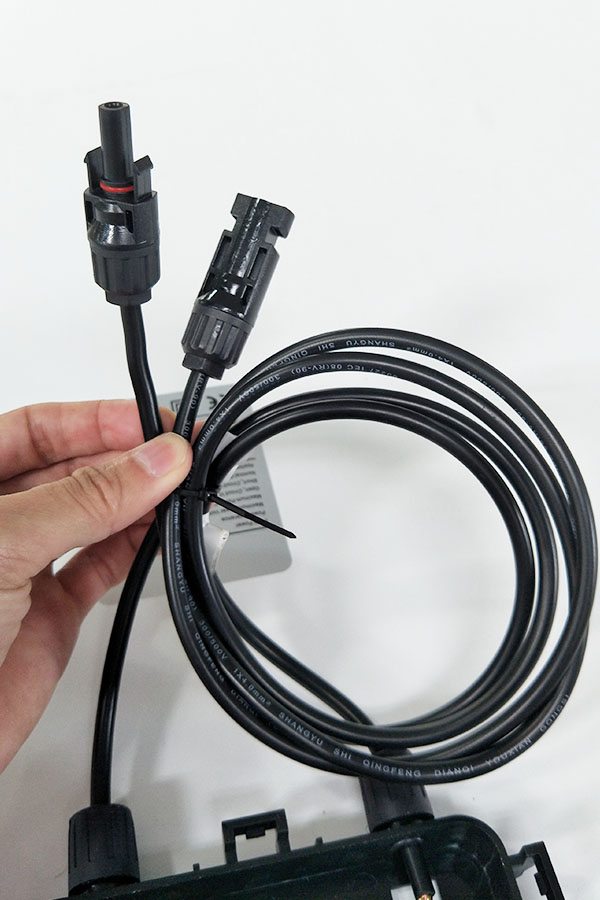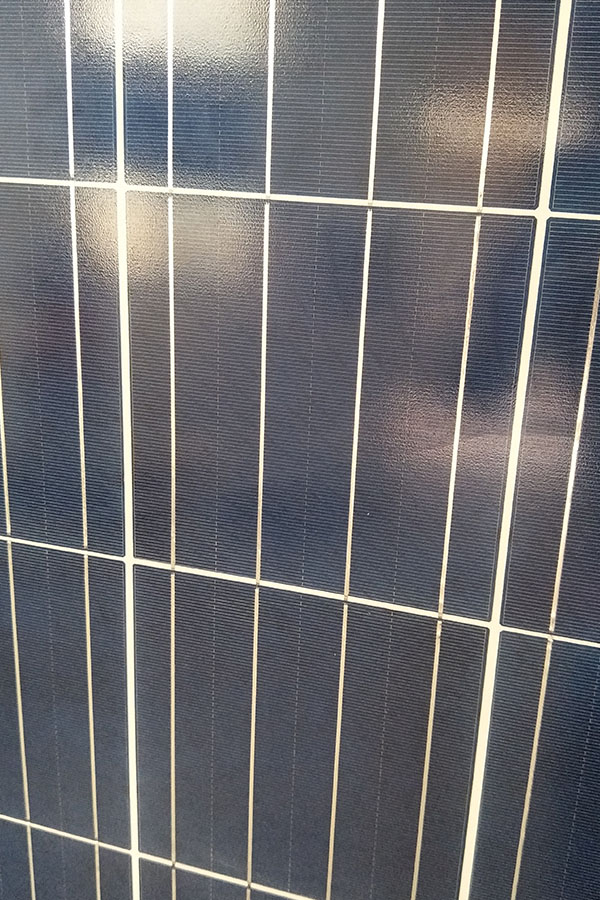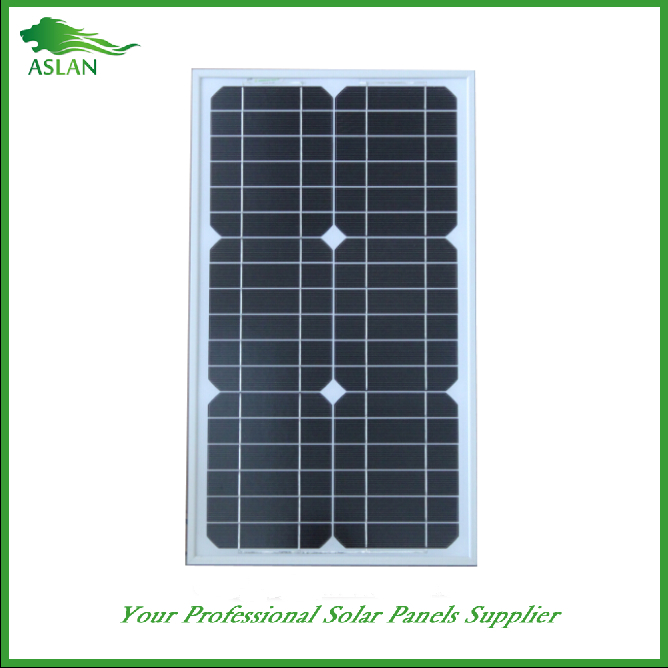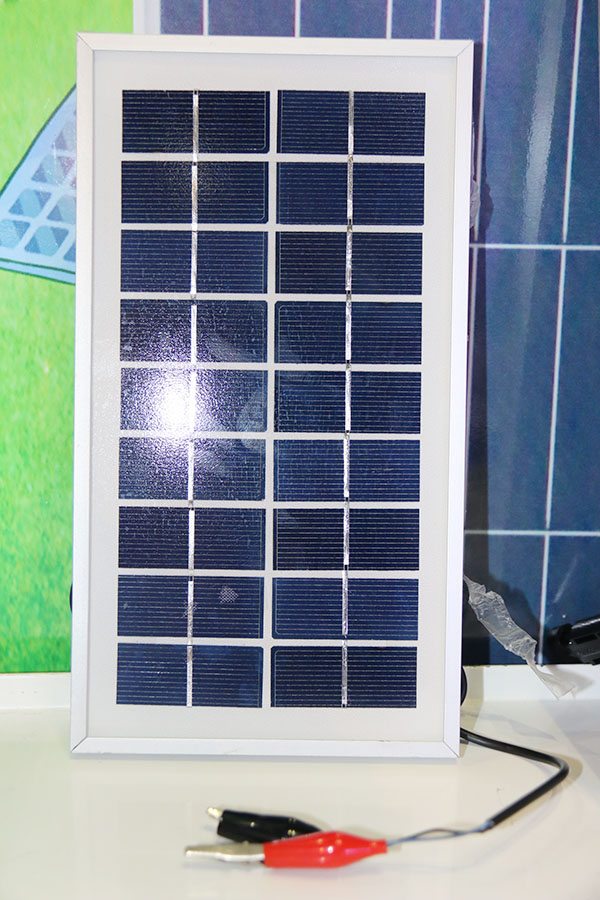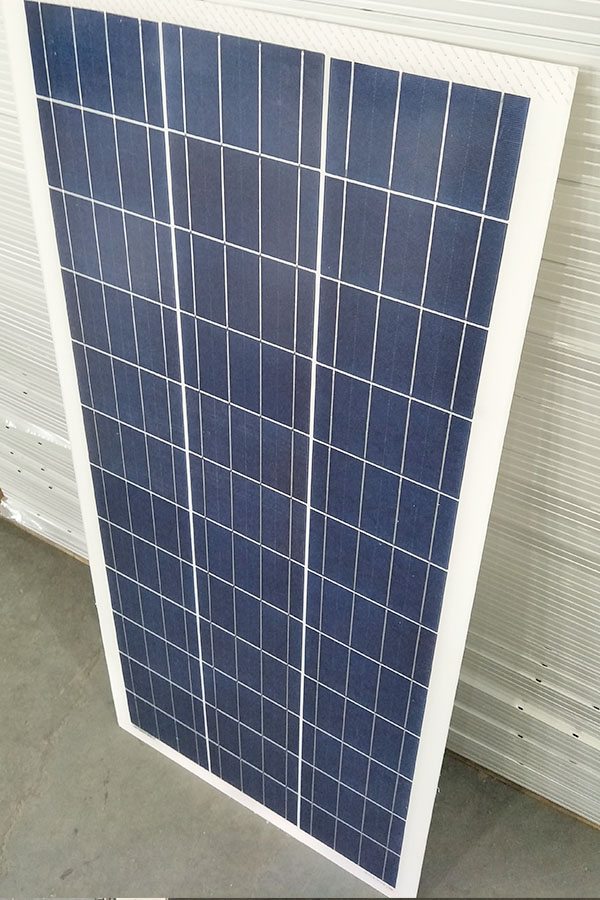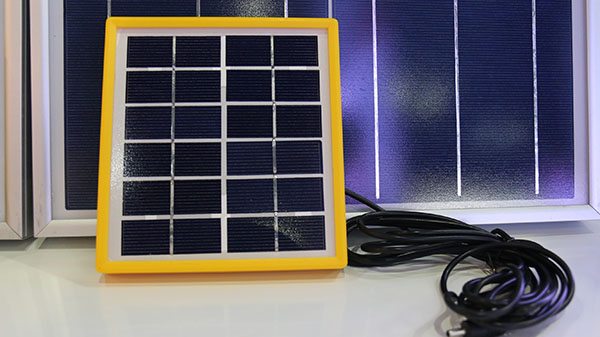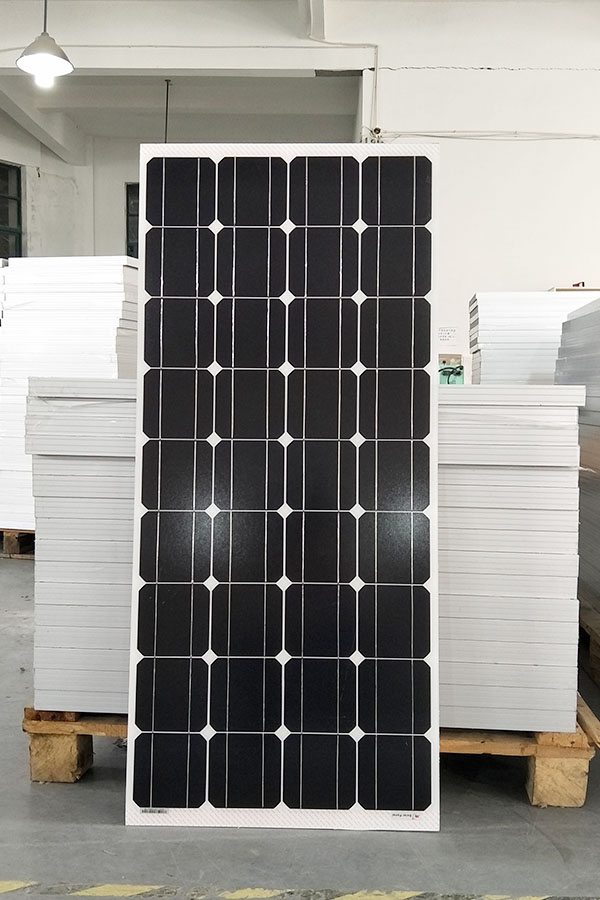professional factory provide Poly-crystalline Solar Panel 300W Export to Borussia Dortmund
Short Description:
We always stick to the principle "Quality First, Prestige Supreme". We are fully committed to providing our clients with competitively priced quality products, prompt delivery and professional service for professional factory provide Poly-crystalline Solar Panel 300W Export to Borussia Dortmund, We welcome new and old customers from all walks of life to contact us for future business relationships and achieving mutual success!
Poly-crystalline Solar Panel 300W
Technical parameter
Maximum Power(W) 300W
Optimum Power Voltage(Vmp) 37.15V
Optimum Operating Current(Imp) 8.08A
Open Circuit Voltage(Voc) 45.30V
Short Circuit Current(Isc) 8.87A
Mechanical Characteristics
Cell Type Poly-crystalline 156x156mm (6 inch)
No of Cell 72 (6x12pcs)
Dimensions 1956x992x50mm
Weight 22.5Kg
Front Glass 3.2mm,High Transmission, Low Iron,Tempered Glass
Junction box IP65 Rated
Output Cable TUV 1×4.0mm2/UL12AWG,Length:900mm
Temperature and Coefficients
Operating Temperature(°C): -40°C ~ + 85°C
Maximum System Voltage: 600V(UL)/1000V(IEC) DC
Maximum Rated Current Series: 15A
Temperature Coefficients of Pmax: -0.47%
Temperature Coefficients of Voc: -0.389%
Temperature Coefficients of Isc: 0.057%
Nominal Operationg Cell Temperature (NOCT): 47+/-2°C
Materials of solar panel
1).Solar Cell——Poly-crystalline solar cell 156*156mm
2).Front Glass——-3.2mm, high transmission, low iron, tempered glass
3).EVA——-excellent anti-aging EVA
4).TPT——-TPT hot seal made of flame resistance
5).Frame——anodized aluminum profile
6).Junction Box——-IP65 rated, high quality, with diode protection
Superiority: high quality anodized aluminum frame, high efficiency long life, easy installation, strong wind resistance, strong hail resistance.
Features
1. High cell efficiency with quality silicon materials for long term output stability
2. Strictly quality control ensure the stability and reliability, totally 23 QC procedures
3. High transmittance low iron tempered glass with enhanced stiffness and impact resistance
4. Both Poly-crystalline and Mono-crystalline
5. Excellent performance in harsh weather
6. Outstanding electrical performance under high temperature and low irradiance
Quality assurance testing
Thermal cycling test
Thermal shock test
Thermal/Freezing and high humidity cycling test
Electrical isolation test
Hail impact test
Mechanical, wind and twist loading test
Salt mist test
Light and water-exposure test
Moist carbon dioxide/sulphur dioxide
Since the phase-out of the light bulb, the lighting market has been taken over by light-emitting diodes (LEDs). In view of energy savings up to 90 percent and a continuous price drop, the fact that LEDs are to replace their predecessors is more of an evolution than a revolution. Organic light-emitting diodes (OLEDs) even combine all the advantages offered by LEDs with additional new features that allow completely different uses of light. And, best of all, this technology can also be applied to solar cells.
The video shows the production of organic solar cells and light-emitting diodes at the Light Technology Institute (LTI) of the Karlsruhe Institute of Technology and explains the currently biggest challenges involved with the development of this technology.
http://www.lti.kit.edu/english/index.php
We also produced a German version of the video: https://youtu.be/0SBejUIGFTE
A solar cell, or photovoltaic cell (in very early days also termed “solar battery”[1] – a denotation which nowadays has a totally different meaning, see here), is an electrical device that converts the energy of light directly into electricity by the photovoltaic effect, which is a physical and chemical phenomenon.[2] It is a form of photoelectric cell, defined as a device whose electrical characteristics, such as current, voltage, or resistance, vary when exposed to light. Solar cells are the building blocks of photovoltaic modules, otherwise known as solar panels.
